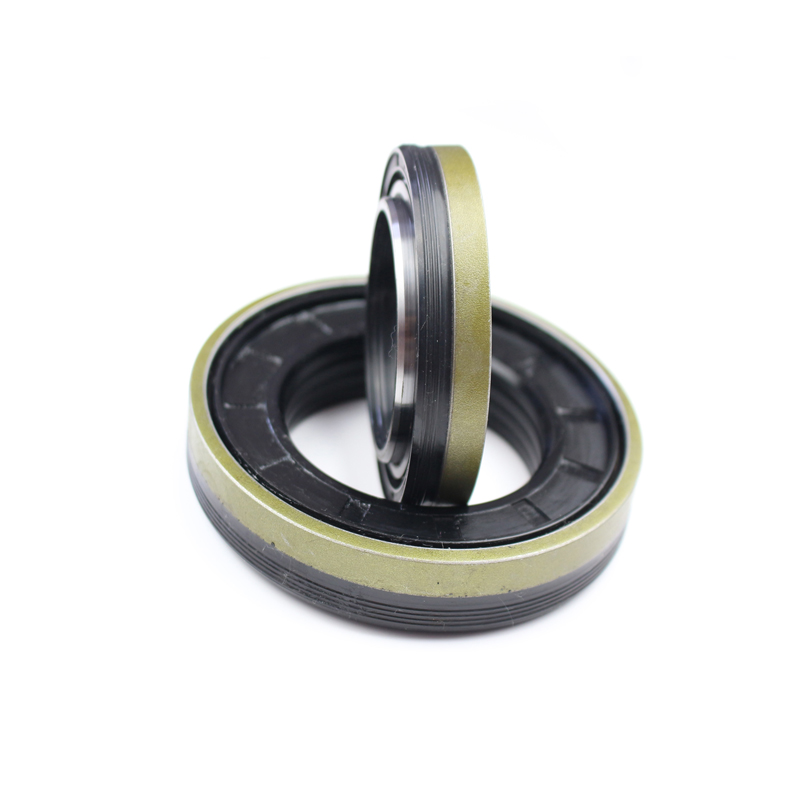leaking sump plug
Understanding the Implications of a Leaking Sump Plug
In the realm of automotive maintenance, one often encounters various challenges that can lead to significant performance issues in vehicles. Among these, a leaking sump plug is a concerning problem that, if not addressed promptly, can result in costly repairs and detrimental effects on engine health. This article aims to delve into the causes, consequences, and solutions related to a leaking sump plug.
What is a Sump Plug?
Before discussing the implications of a leaking sump plug, it’s essential to understand its function. The sump plug, often referred to as the oil drain plug, is located at the bottom of the oil pan in an engine. It serves as an access point for draining oil during routine maintenance, such as oil changes. The plug is designed to create a tight seal, preventing engine oil from leaking out and ensuring that the engine operates efficiently.
Common Causes of Sump Plug Leaks
A leaking sump plug can arise from several issues
1. Worn Out Gasket or Seal The gasket or rubber seal around the sump plug can degrade over time due to heat and exposure to engine oil. As it loses its integrity, it may fail to form a proper seal, resulting in oil leaks.
2. Cross-threading Improper installation of the sump plug can lead to cross-threading, which distorts the threads and compromises the sealing capability. This often happens during an oil change if the plug is not aligned correctly before tightening.
3. Over-tightening Mechanics and DIY enthusiasts alike may mistakenly over-tighten the sump plug in an attempt to ensure it remains secure. This can strip the threads or damage the gasket, leading to leaks.
4. Corrosion In regions where road salt is prevalent, or in older vehicles, corrosion can weaken the metal components around the sump plug, eventually causing leaks.
Consequences of Ignoring a Leak
Ignoring a leaking sump plug is a perilous decision that can have severe consequences for the vehicle and its owner
. Here are some critical outcomes of neglecting this issue1. Oil Loss A leaking sump plug results in a gradual loss of engine oil, which is vital for lubricating engine components. Insufficient oil levels can lead to friction between moving parts, increasing the risk of overheating and subsequent engine failure.
leaking sump plug

2. Engine Damage Continuous exposure to low oil levels can cause significant engine damage, including worn bearings, damaged pistons, and even catastrophic engine failure. Repairing or replacing an engine can be an expensive endeavor, often costing thousands of dollars.
3. Environmental Impact Engine oil leaks not only harm the vehicle but also pose environmental risks. Oil spilled on roads can contaminate soil and waterways, contributing to pollution and harming local ecosystems.
4. Safety Risks Leaking oil can create hazardous driving conditions. An oil slick on the road can lead to slips and car accidents, posing a danger to all road users.
How to Address a Leaking Sump Plug
If you suspect that your vehicle has a leaking sump plug, it is crucial to take immediate action
1. Check Oil Levels Regularly monitor your engine oil levels. If they are consistently low, inspect the sump plug area for signs of leakage.
2. Tighten the Plug Sometimes, a simple tightening of the sump plug may resolve the issue. However, be cautious not to overtighten it.
3. Replace the Gasket or Seal If the gasket is worn, replacing it is often a straightforward and inexpensive fix.
4. Consult a Professional If you are unable to identify or fix the leak on your own, consult a qualified mechanic. They can diagnose the issue and make the necessary repairs.
5. Regular Maintenance To prevent future leaks, adhere to a regular maintenance schedule for your vehicle, including routine oil changes and inspections.
Conclusion
A leaking sump plug may seem like a minor issue at first glance, but it has the potential to lead to significant problems if left unaddressed. Understanding the causes and consequences of such leaks is vital for any vehicle owner. Regular maintenance, timely inspections, and prompt repairs are key to ensuring the longevity and health of your engine. By taking proactive measures, you can protect your investment and maintain a safe and efficient vehicle.
-
Understanding the Front Main Engine Seal: Purpose, Maintenance, and Installation
News Jul.29,2025
-
Understanding O-Rings and Seal Rings: Types, Applications, and Custom Solutions
News Jul.29,2025
-
Understanding Crankshaft Oil Seals: Rear Seals, Pulley Seals, and Their Role in Engine Integrity
News Jul.29,2025
-
The Importance of Front and Rear Crankshaft Seals in Engine Performance and Oil Management
News Jul.29,2025
-
Crank Oil Seals: Functions, Types, and Cost Considerations in Engine Maintenance
News Jul.29,2025
-
A Comprehensive Guide to O-Rings and Seals: Types, Materials, and Global Applications
News Jul.29,2025
-
Mastering Diesel and Performance Engine Maintenance: A Guide to Critical Oil Gaskets
News Jul.28,2025
Products categories















